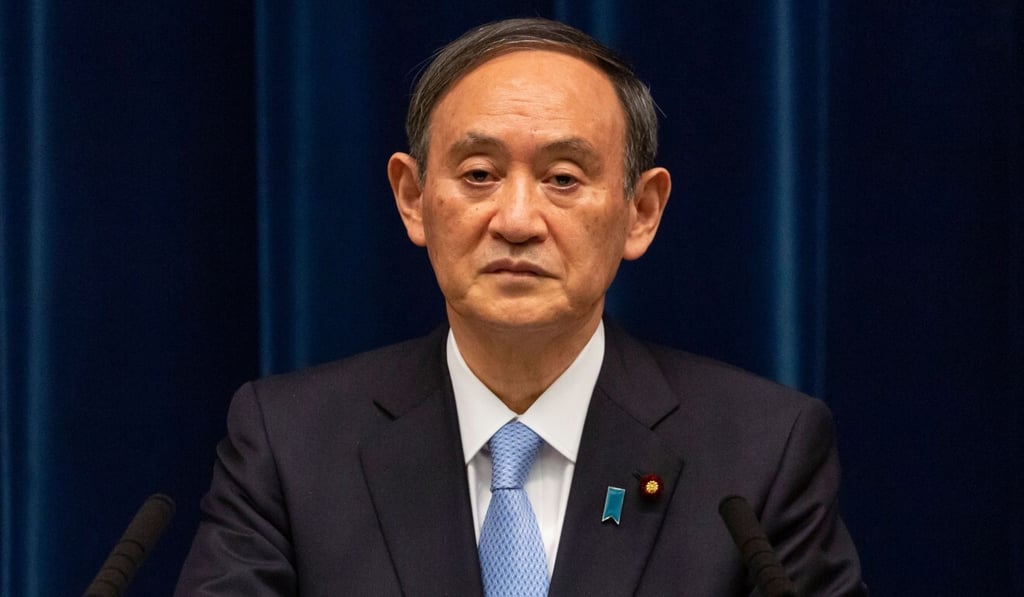Advertisement
‘Uncomfortable signal to China’: Japan’s Suga raises Hong Kong, South China Sea, Xinjiang in phone call with India’s Modi
- Japanese PM Yoshihide Suga and India’s Narendra Modi hold phone call ahead of Quad meeting with US President Joe Biden and Australian leader Scott Morrison
- The pair pledge to realise a free and open Indo-Pacific as Japan expresses concern over China’s ‘attempts to change status quo’ in disputed seas
Reading Time:4 minutes
Why you can trust SCMP
57

Japanese Prime Minister Yoshihide Suga and his Indian counterpart Narendra Modi said they would work together to realise a free and open Indo-Pacific during a 40-minute phone conversation on Tuesday.
The two leaders agreed to boost cooperation bilaterally as well as with the United States and Australia, the Japanese foreign ministry said. Together the four countries make up the Quad, a group of major democracies that have been strengthening security ties as a counter to China’s increasing influence in the region.
The phone call comes before an expected teleconference between the Quad’s leaders – Suga, Modi, US President Joe Biden and Australian Prime Minister Scott Morrison – later this week at which China is expected to be high on the agenda along with coronavirus vaccines and climate change.
Advertisement
During the 40-minute conversation, Suga expressed concern about China’s “unilateral attempts to change the status quo” in the East and South China seas, as well as the situation in Hong Kong and the far-western region of Xinjiang, where Beijing has been accused of human rights abuses against the Muslim Uygur minority.

Advertisement
Beijing’s moves to implement a national security law in Hong Kong and overhaul the city’s electoral system have prompted criticism from democratic countries including the US, which has accused Beijing of cracking down on “fundamental human rights”. Beijing says the law – which prohibits acts of treason, secession, sedition and subversion – is necessary to ensure stability in the financial hub, which was rocked by months of anti-government protests in 2019.
Advertisement
Select Voice
Select Speed
1.00x